All Stories
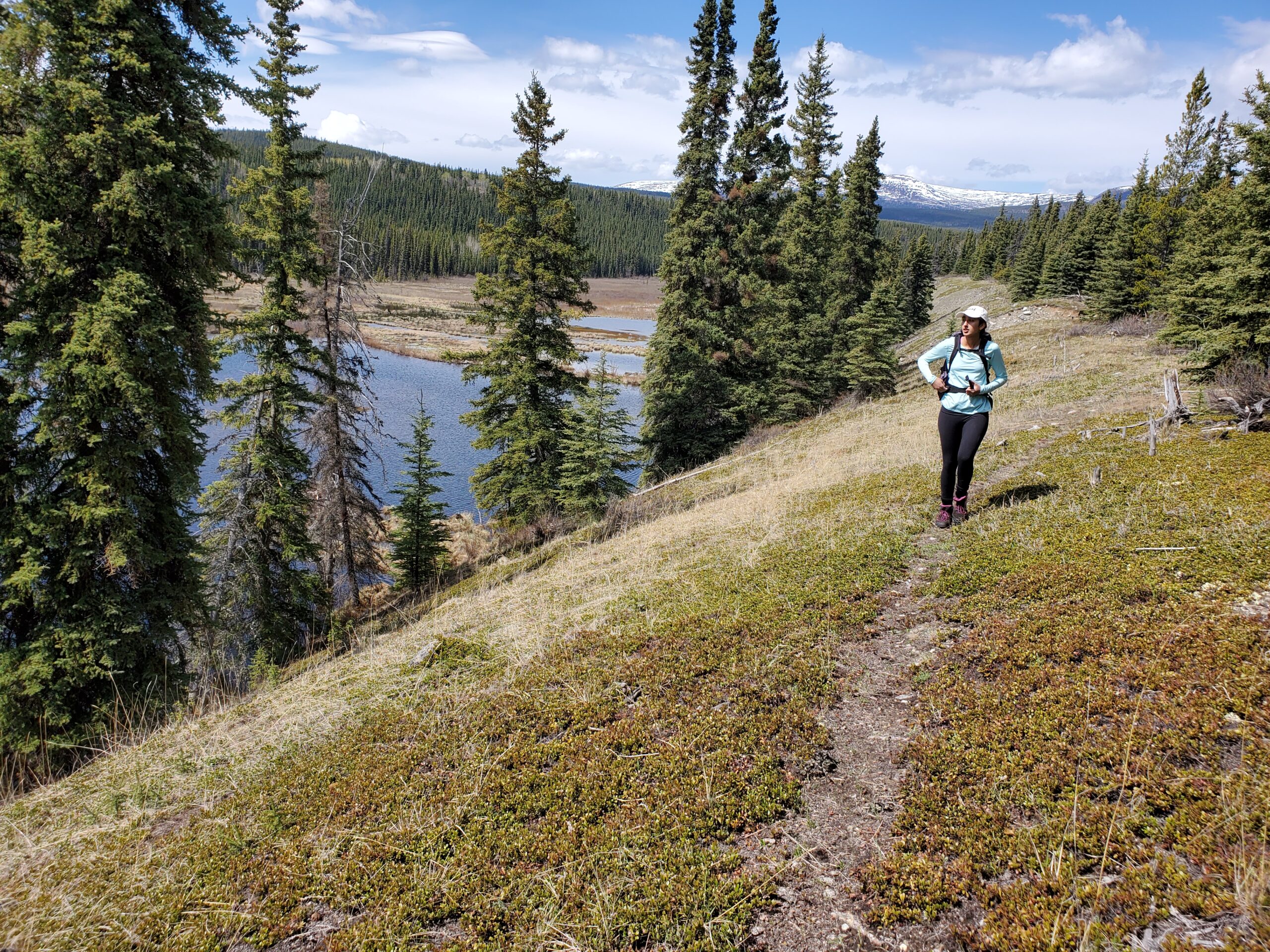
Thoughts & Key Recommendations on Whitehorse’s Official Community Plan
The City of Whitehorse is taking feedback on the Official Community Plan until August 31st. Here, three local environmental non-profit organizations outline their key recommendations to the City, as it plans for the next twenty years as the Wilderness City. [Learn more]
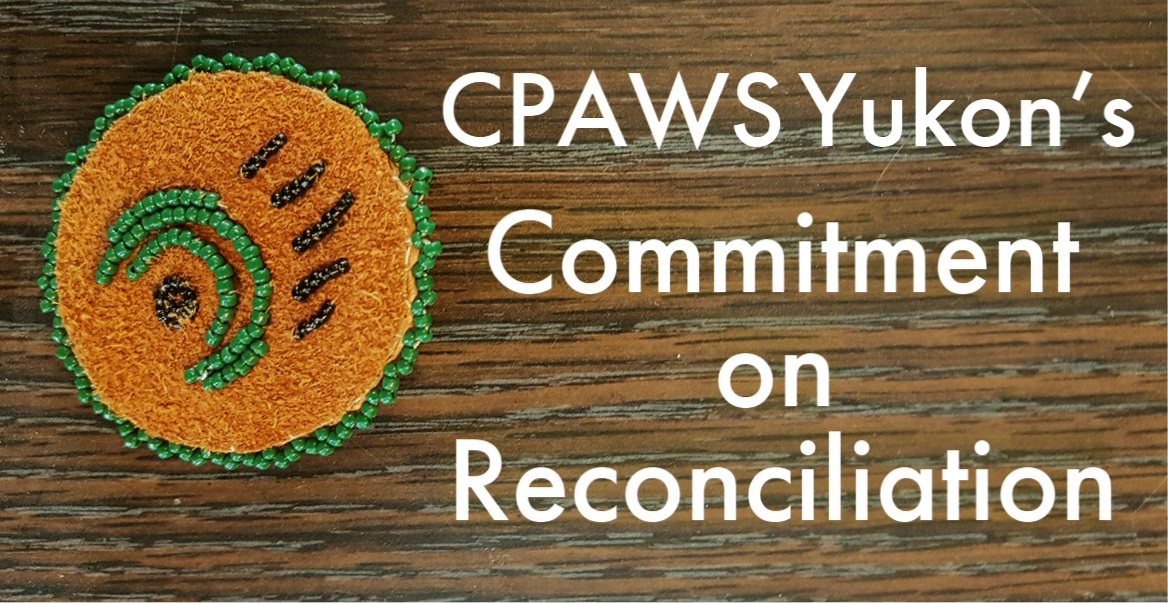
CPAWS Yukon’s Commitment to Reconciliation
For many years, CPAWS Yukon has been working hard to act in the spirit of reconciliation. What you see here is the result of many, many hours of work. With that, I present to you: CPAWS Yukon’s Commitment on Reconciliation. [Learn more]
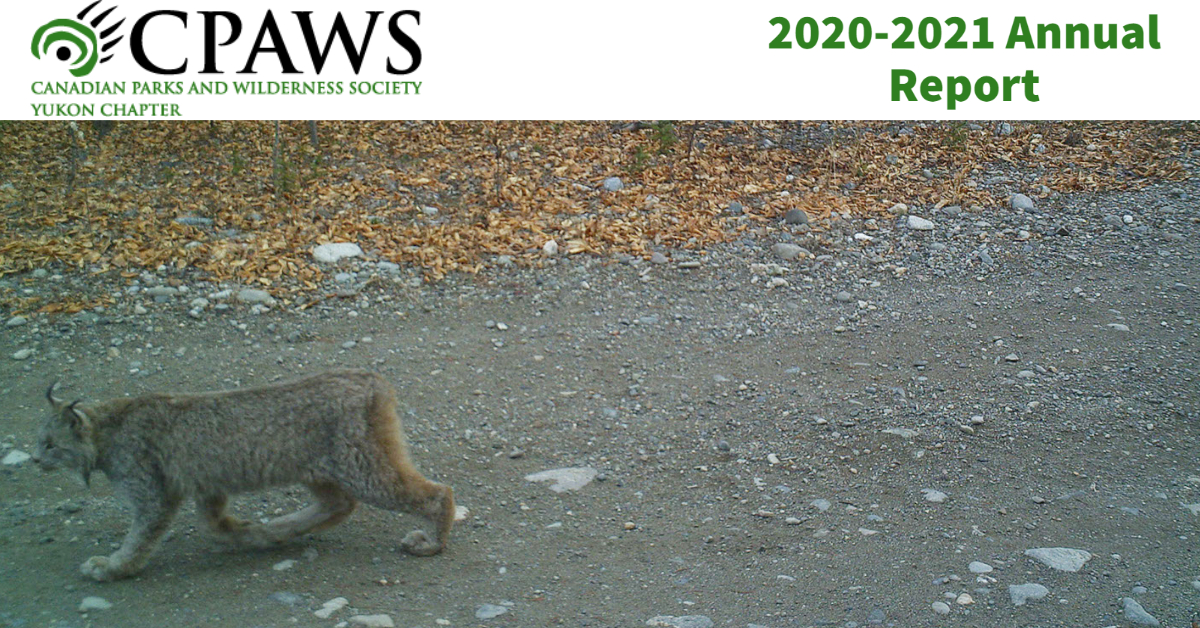
Annual Report 2020-21
Welcome to our first annual report! We’re excited to give you a glimpse of everything that’s been going on within CPAWS Yukon for the past year, and hope you find this a helpful resource. [Learn more]
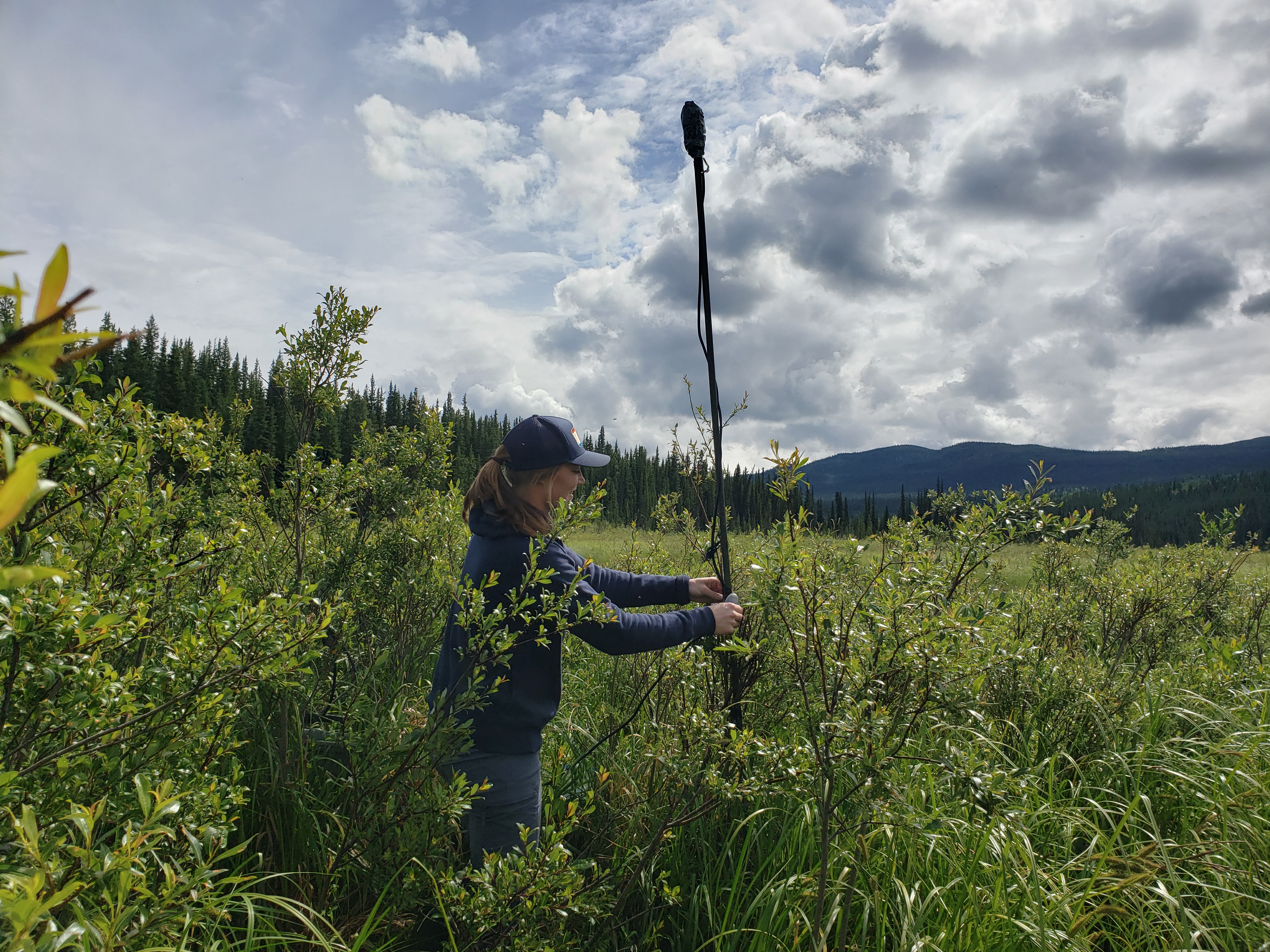
A Guide to Yukon Bats for Endangered Species Day
Friday, May 21st has been designated as Endangered Species Day. This is an important day to acknowledge the thousands of species around the world whose populations are in decline, and the efforts of those working to conserve and protect these species. For this year’s Endangered Species Day, I’m going to take you on a deep dive into the world of bats. [Learn more]
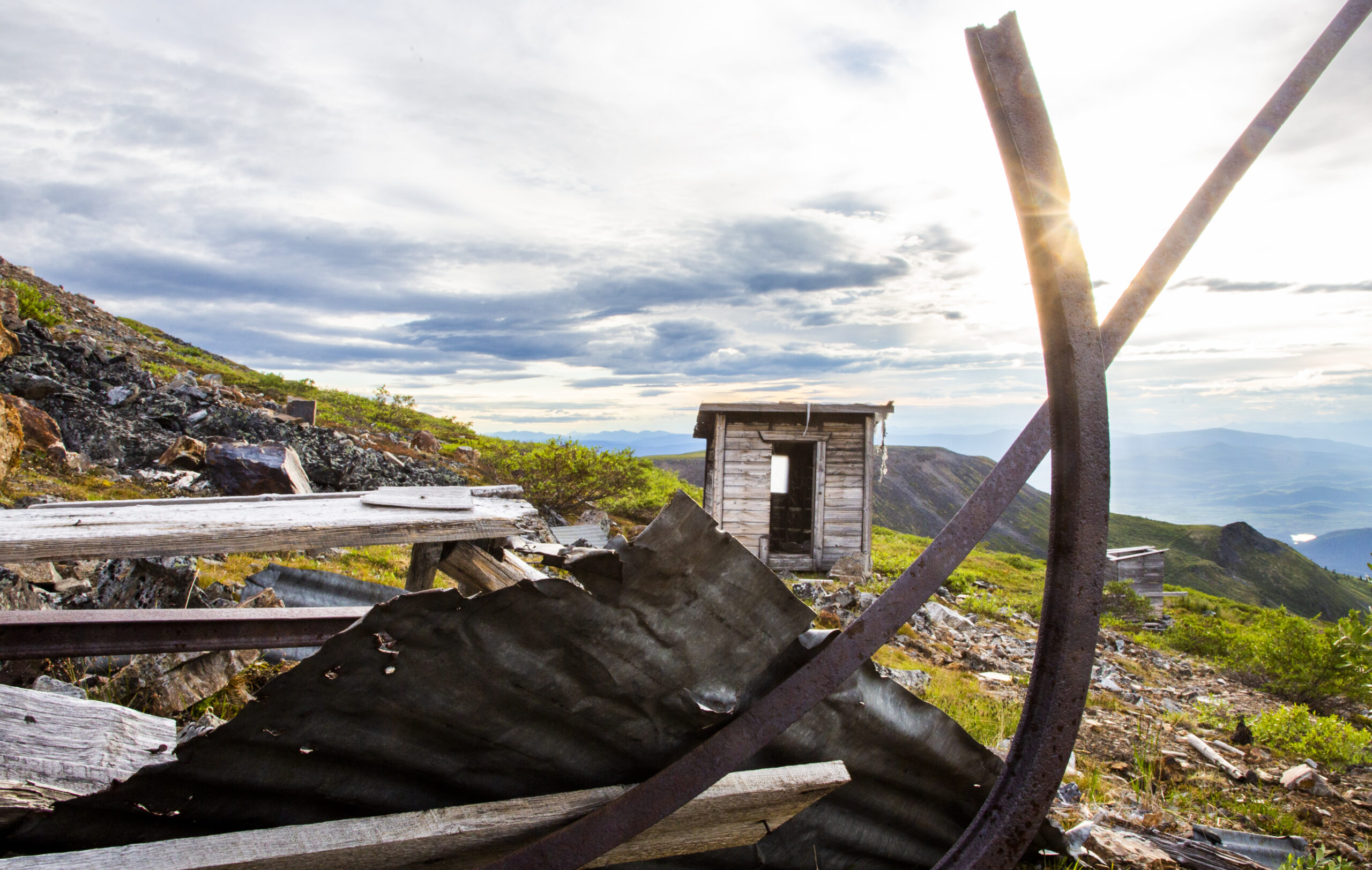
Op-Ed: There’s momentum for mining reform
The Yukon’s mining laws were enacted over a hundred years ago. Despite minor updates, they haven’t kept pace with the scale of mining seen today, or with the territory’s social, political, and legal landscape. [Learn more]
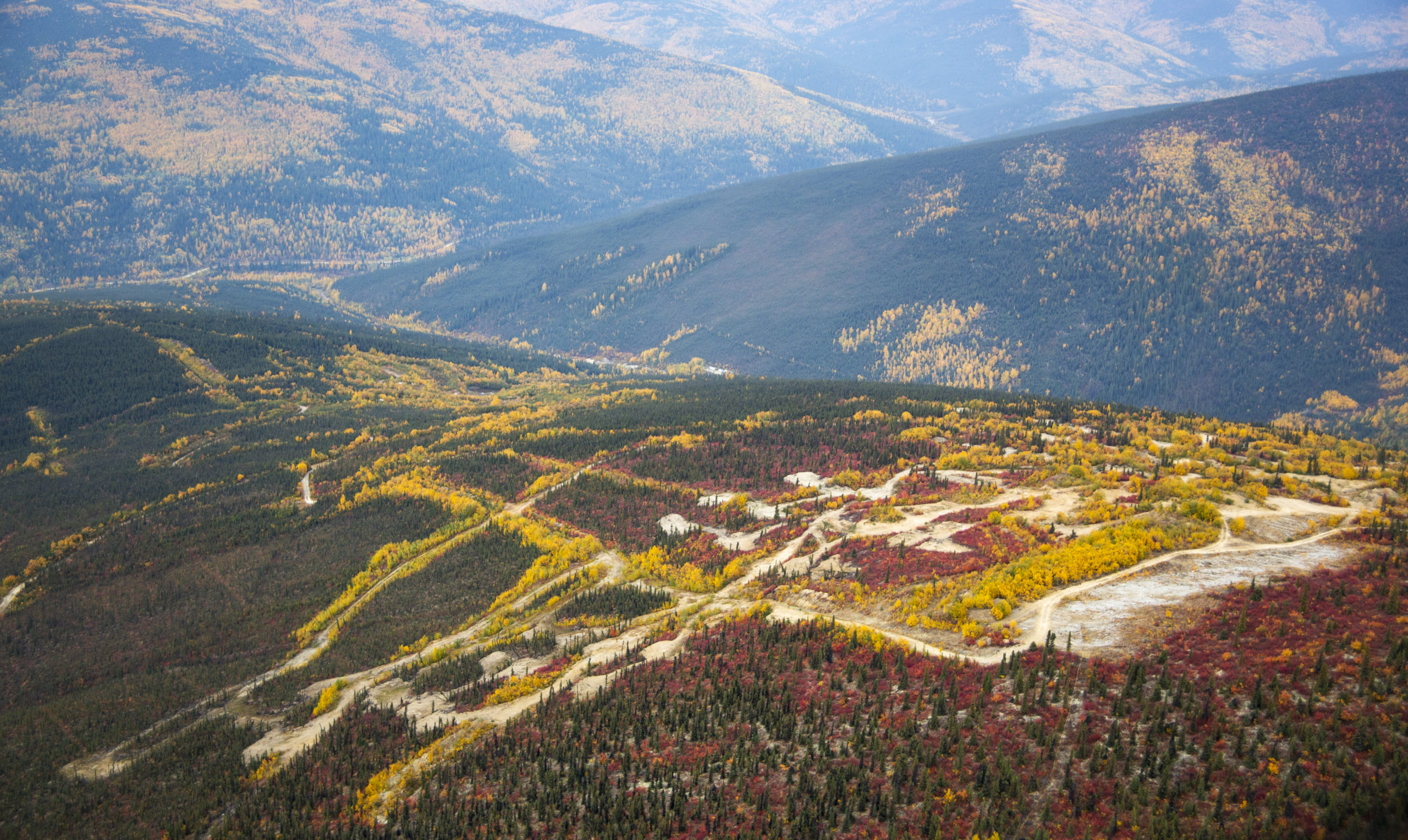
There’s momentum to reimagine mining
The Mineral Development Strategy is just one of multiple forces pushing the territory’s mining regime in a direction where the health of the land, people and communities can come first, and where the benefits and opportunities that mining can bring are equitably shared. [Learn more]
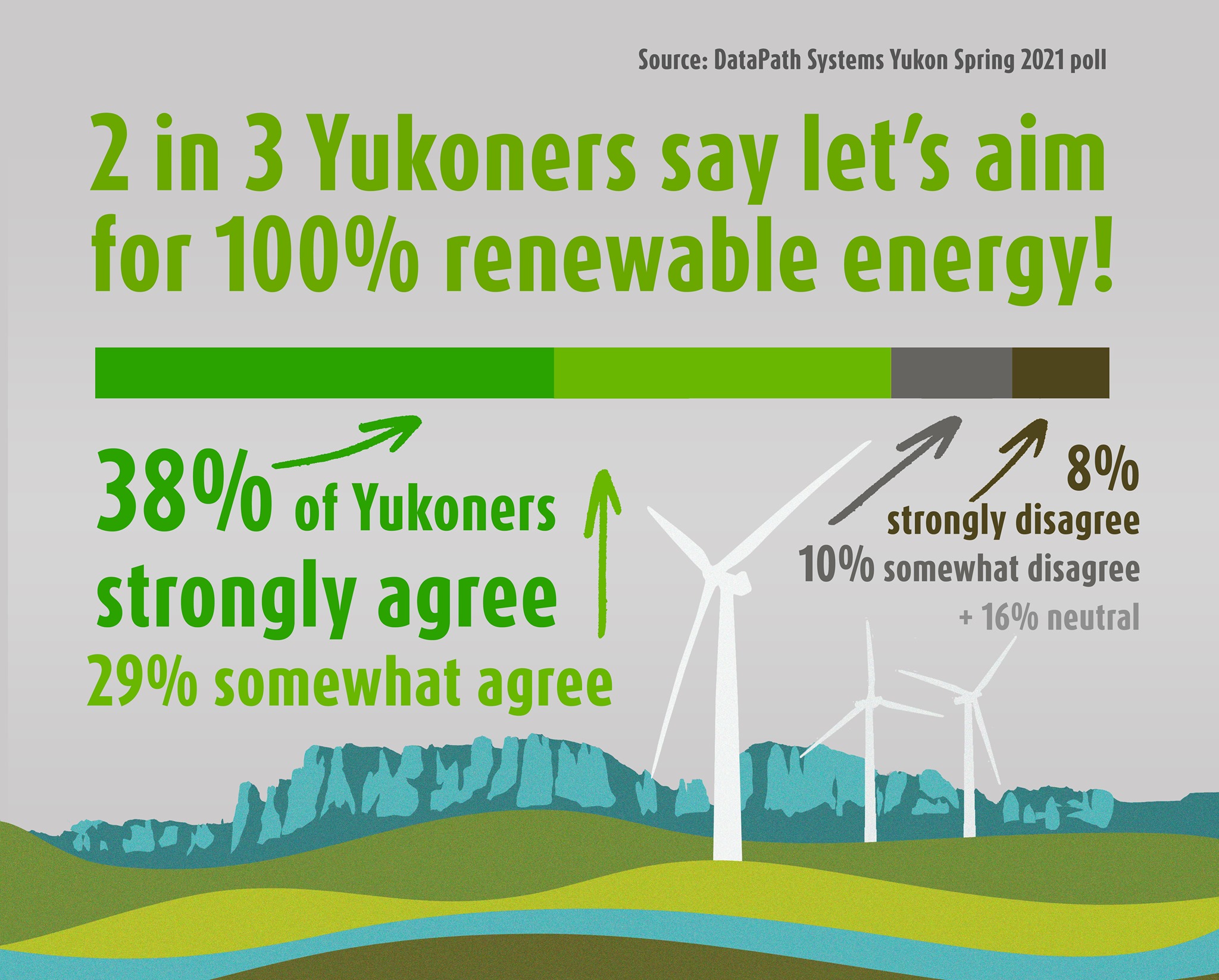
New poll affirms Yukoners want strong environmental protection
Yukoners overwhelmingly support ambitious conservation measures, according to a new DataPath poll. The results affirm Yukoners’ concern for the environment, and are a reminder to the territory’s next government that issues like climate change, conservation, and mining reform must be priorities. [Learn more]
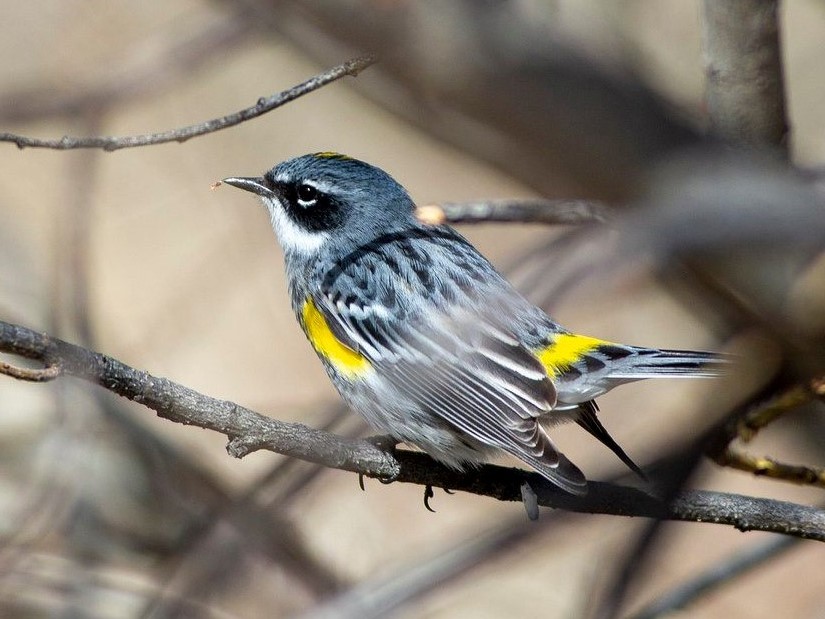
Three Key Environmental Issues for the Yukon Election
The Yukon’s next government will have to make some big decisions, with long lasting implications for the Yukon’s land, water, wildlife, climate—and people. Here are three key issues we’re keeping our eye on.
[Learn more]
Mining should Respect Land Use Planning, Not Race Against It
A ram’s horn, in a valley north of Dawson by: Malkolm BoothroydWritten by: Maegan McCaw, Conservation Coordinator, and Randi Newton, Conservation Manager
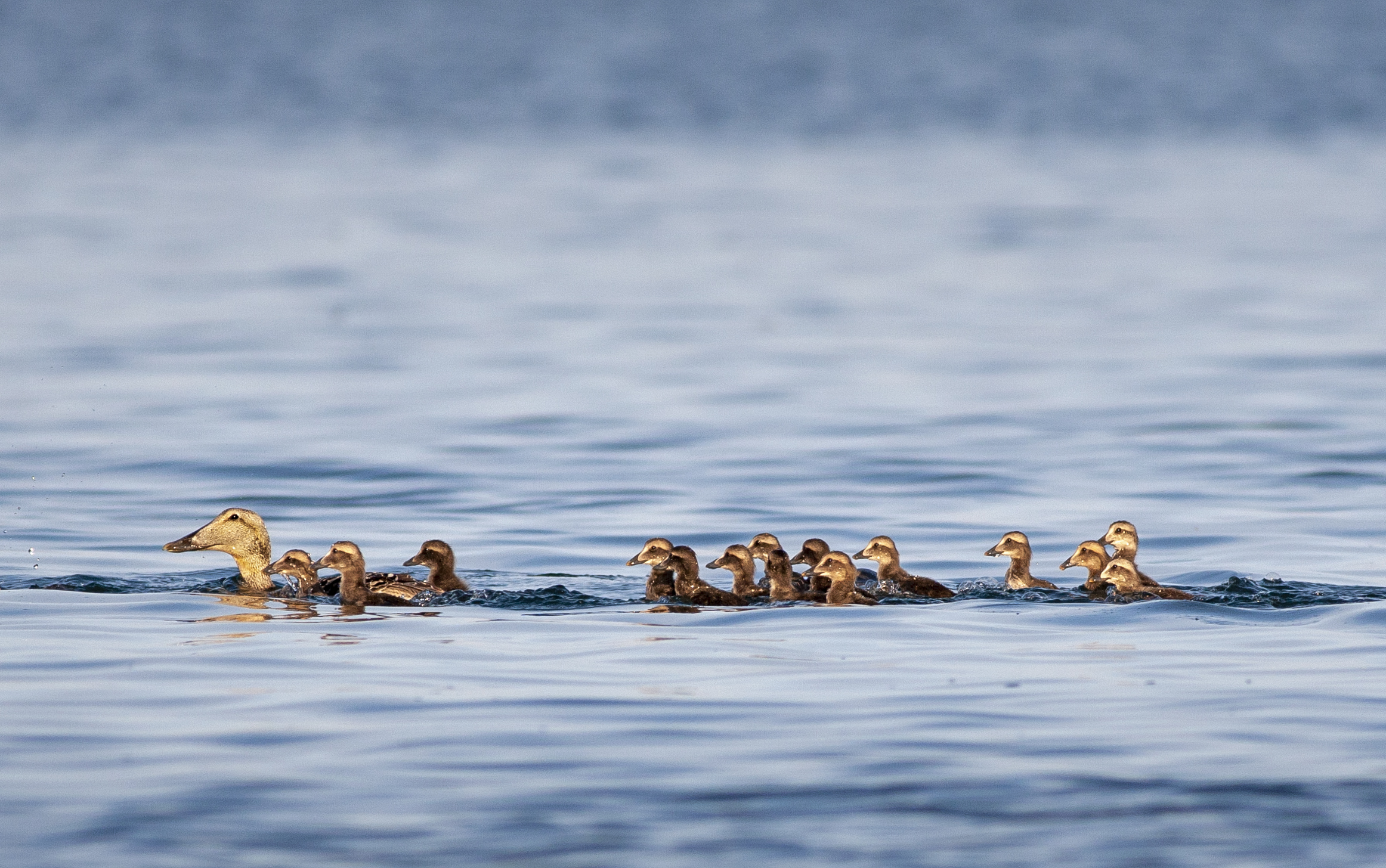
The United States has a new President. What does that mean for the Arctic Refuge?
For the last four years everybody’s focus has been about defending the Arctic Refuge against a deluge of development, and it’s exciting that we can finally start working for protection. [Learn more]
